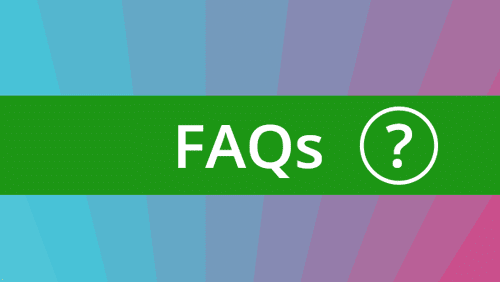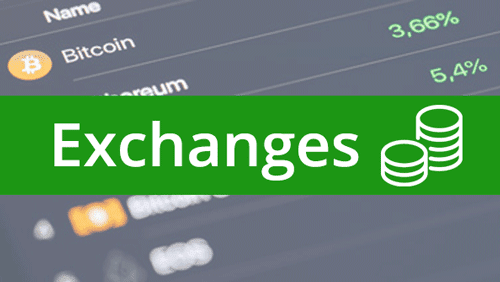In terms of trading and investing in crypto there’s no practical difference between a coin and a token.
It doesn’t effect how you invest in crypto.
However, conceptually, there’s a distinction between what constitutes a ‘coin’ and what constitutes a ‘token’ in cryptoland.
That’s what this article sets out to explain.
The short answer
A coin: Any crypto which is a form of ‘digital money’
e.g. Bitcoin or Monero
A token: Any crypto which serves as a ‘digital asset’ in a crypto project
e.g. Uniswap or Chainlink
A more detailed answer
Coins:
We all use coins (or money) in our day to day lives so this is fairly straightforward.
Bitcoin was designed as an alternative currency, a digital currency, that isn’t hostage to governments, borders, inflation or outside control. Monero was designed as a digital currency, like Bitcoin, that offers far greater privacy and faster transaction times.
So what about tokens?
Tokens:
Tokens are more like shares in a crypto project. They are not specifically designed to be used as money but there can be some overlap here.
For example, a token can form a type of payment within that project’s ecosystem (for example for perks or services) but it is not generally considered ‘digital money’ outside of this.
In conclusion
The different terms: cryptocurrencies, cryptos, coins, tokens can be confusing if you’re new to cryptoland.
‘Cryptocurrencies’ is particularly confusing because it’s used as a catch all term in the media to refer to everything crypto related. However the ‘currencies’ part of this term can be misleading and limiting.
While offering an alternative form of currency is the purpose of many crypto projects that’s just ONE use case. There are literally thousands of other crypto projects which aren’t trying to offer a form of currency. They focus on wide-ranging fields from smart contracts to healthcare.
That’s why for the most part we simply use the catch all term “crypto” which neatly encapsulates all of the above.




